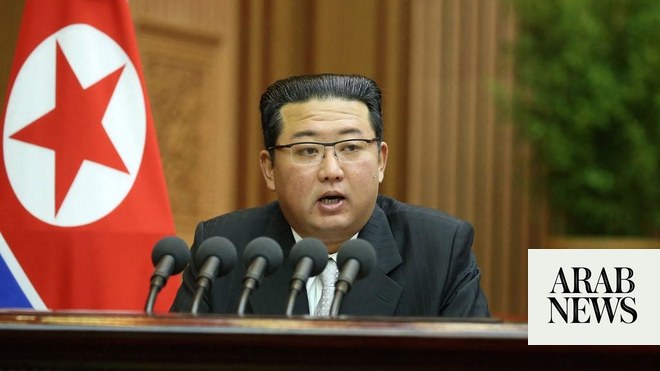
Sudanese journalists have formed the country’s first independent union in more than three decades.
Abdulmoniem Abu Idrees, 58, Khartoum correspondent for the Agence France-Presse news agency, was elected the union’s first president in a vote on Sunday.
“It’s historic,” he said. “It will be a notable day for the unions, a day in which we exercise our democracy under a military rule and despite all the manacles that prevent[ed] us from doing so. I believe that other professions will follow suit.”
The last independent journalists’ union was dissolved in 1989 when Omar al-Bashir came to power. Under Bashir, journalists experienced imprisonment and torture. Hundreds were arrested, some spending years behind bars for covering stories the government didn’t like.
In 2016, an unofficial alliance of doctors, lawyers, journalists and teachers formed the Sudanese Professionals Association to campaign for rights. It played a prominent role in demonstrations that led to the ousting of Bashir in 2019 and the formation of a transitional, civilian-led government.
Journalists enjoyed a margin of freedom under the new government, but since the army seized power in a coup in October 2021, journalists have been threatened and arrested, including prominent journalist Fayez Seleik.
Security forces have stormed TV stations in Khartoum and suspended the licences of radio stations. Two newspapers, the Democratic and al-Hadatha, were forced to stop printing.
Mohammed Abdulaziz, a journalist at the Democratic, said: “We had to stop because it wasn’t a good environment for journalism. We hope that, with the new union, we will be able to get our paper back and enhance the journalists’ situation.”
Mohammed al-Agraa, an arts journalist in the capital, who helped establish the new union, said: “The absence of the journalists’ syndicate [union] impacted negatively on journalism. Journalists didn’t have any protection for their rights to access information or for freedom of speech. They lived in very tough situations, which led hundreds of them to leave the profession.”
As well as pushing for freedom of speech, the union, which has more than 1,000 members, will seek a minimum wage and health and social insurance. It will also push, for the first time, for paid maternity leave.
“We are aiming at equal pay between women and men, as well as progressing in work, especially for women to get leading positions in the newspapers,” said Abu Idrees.












